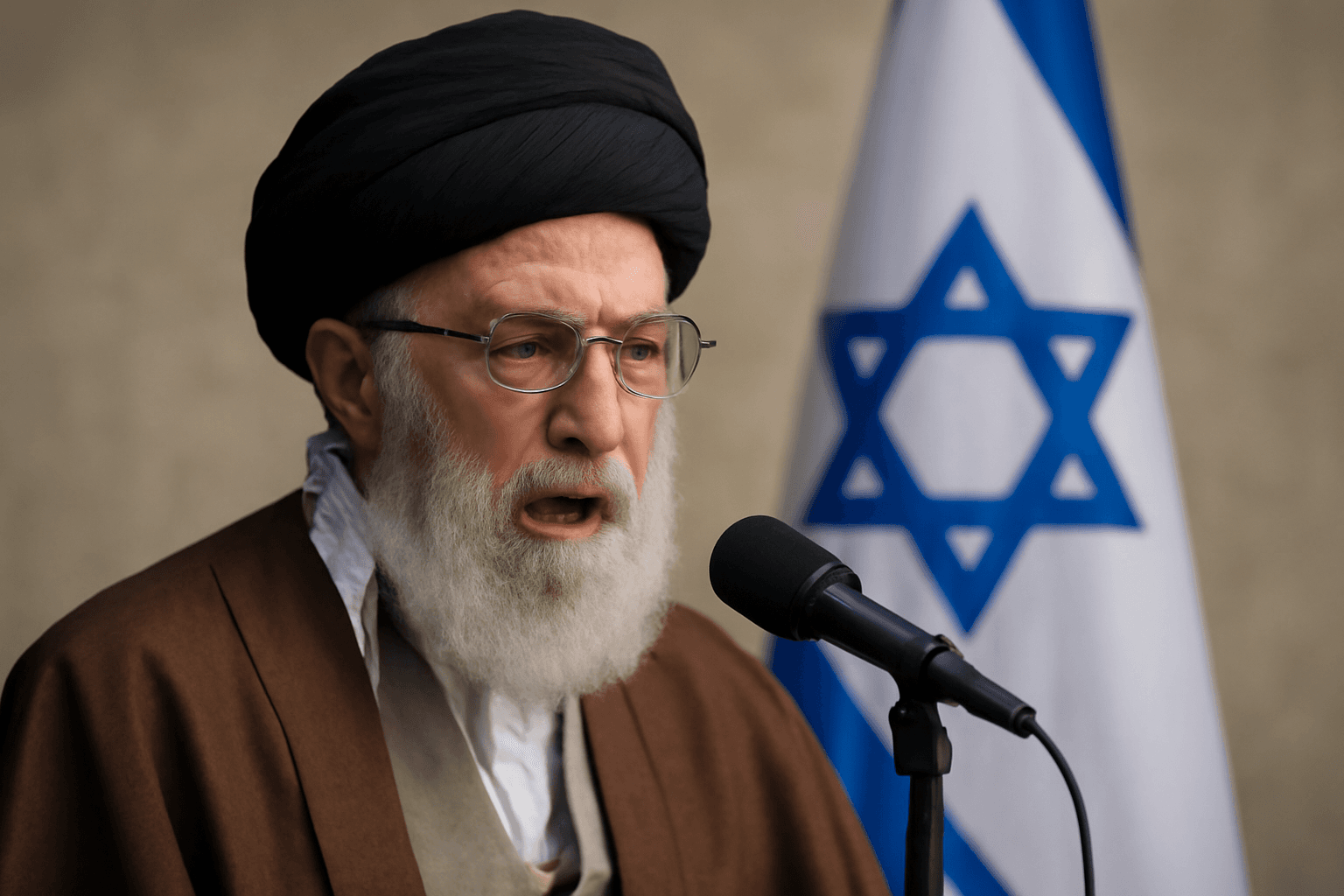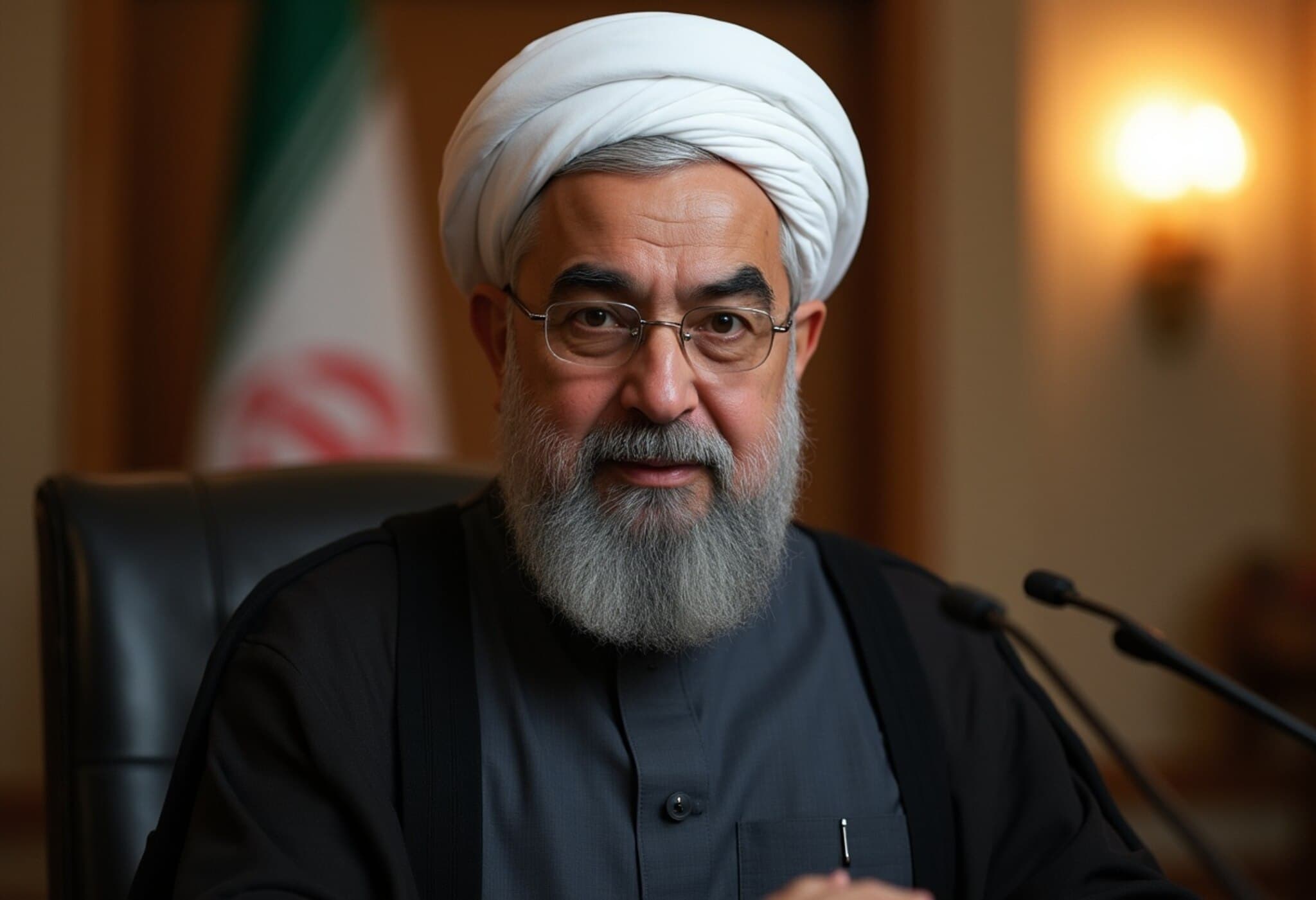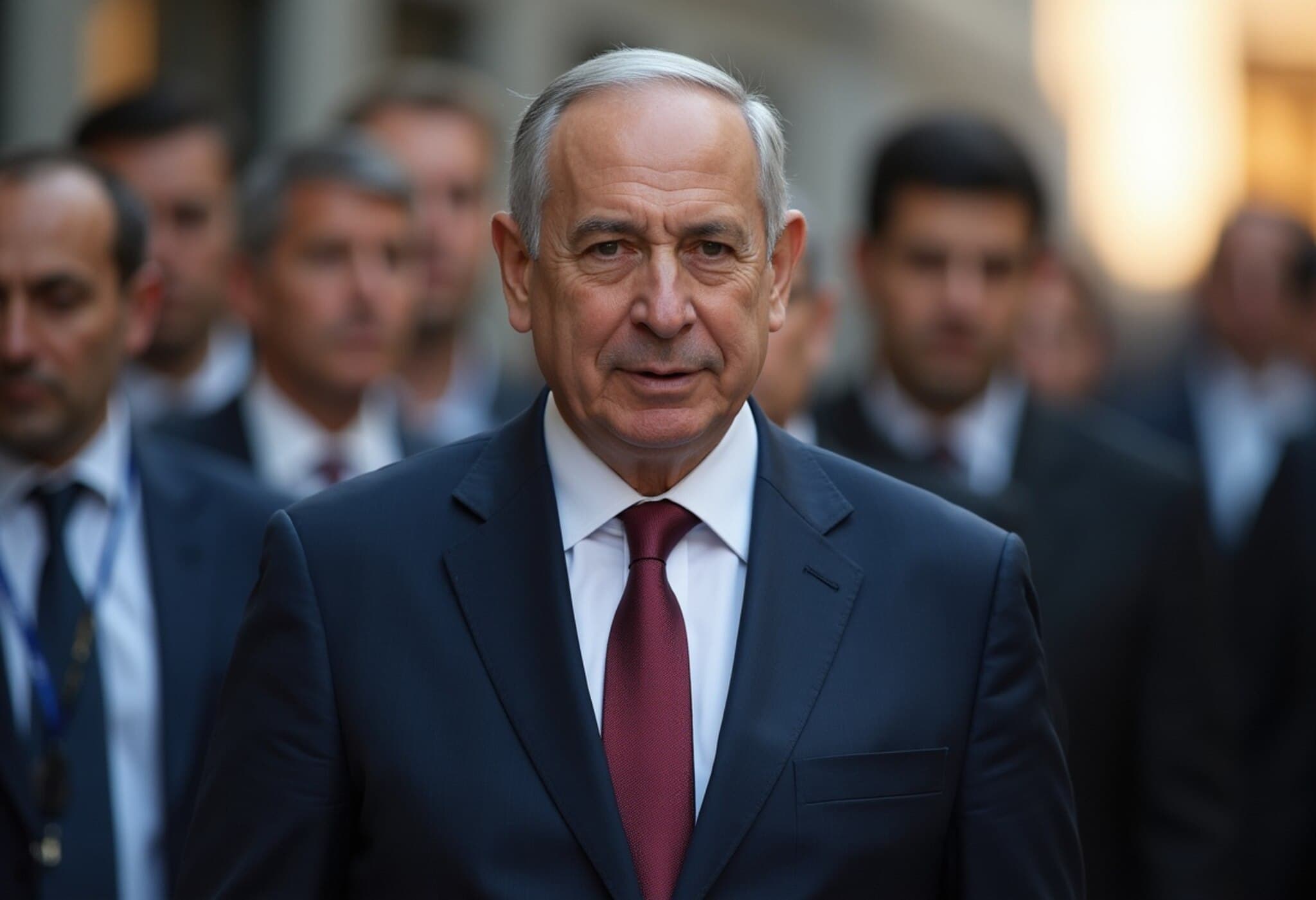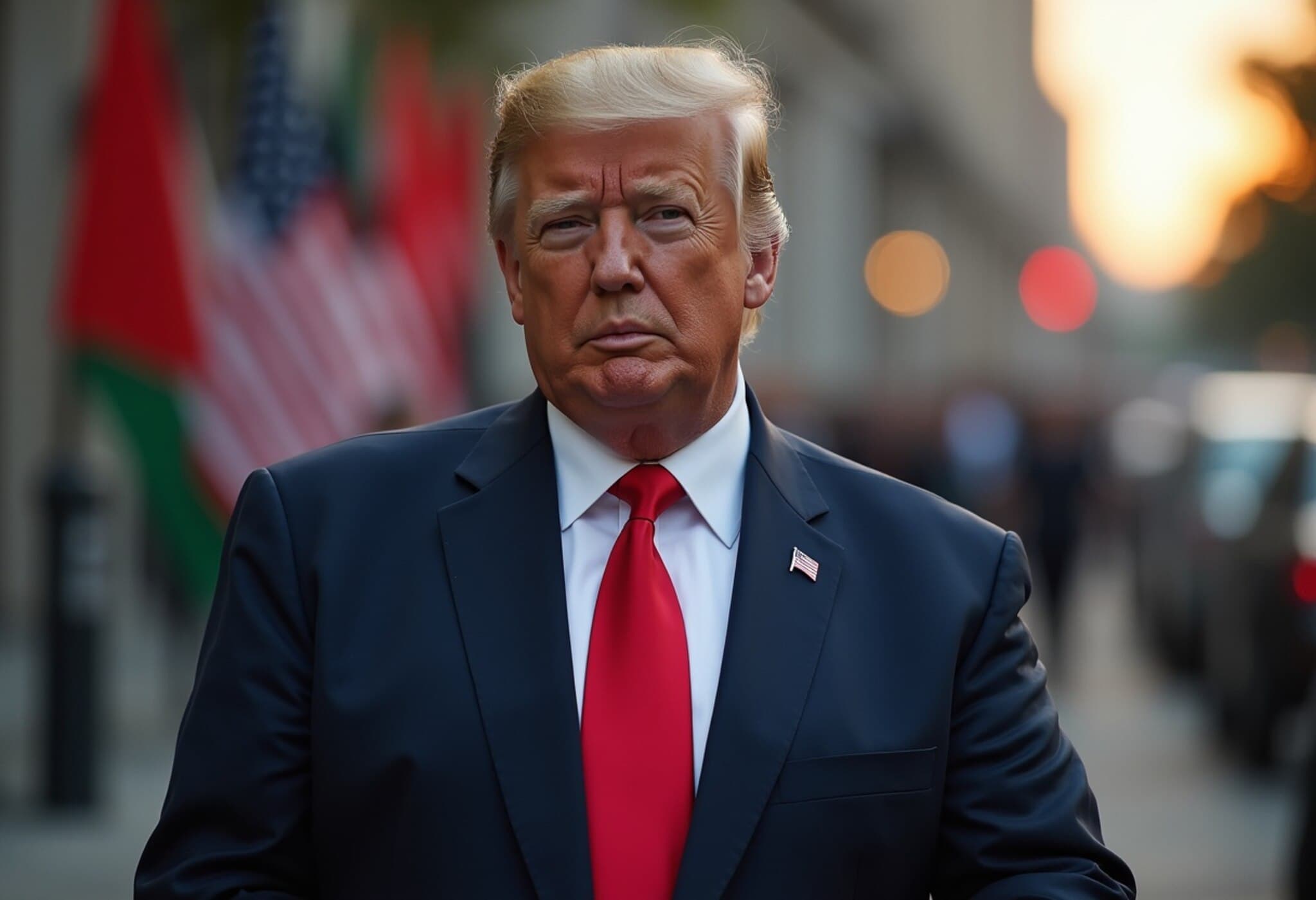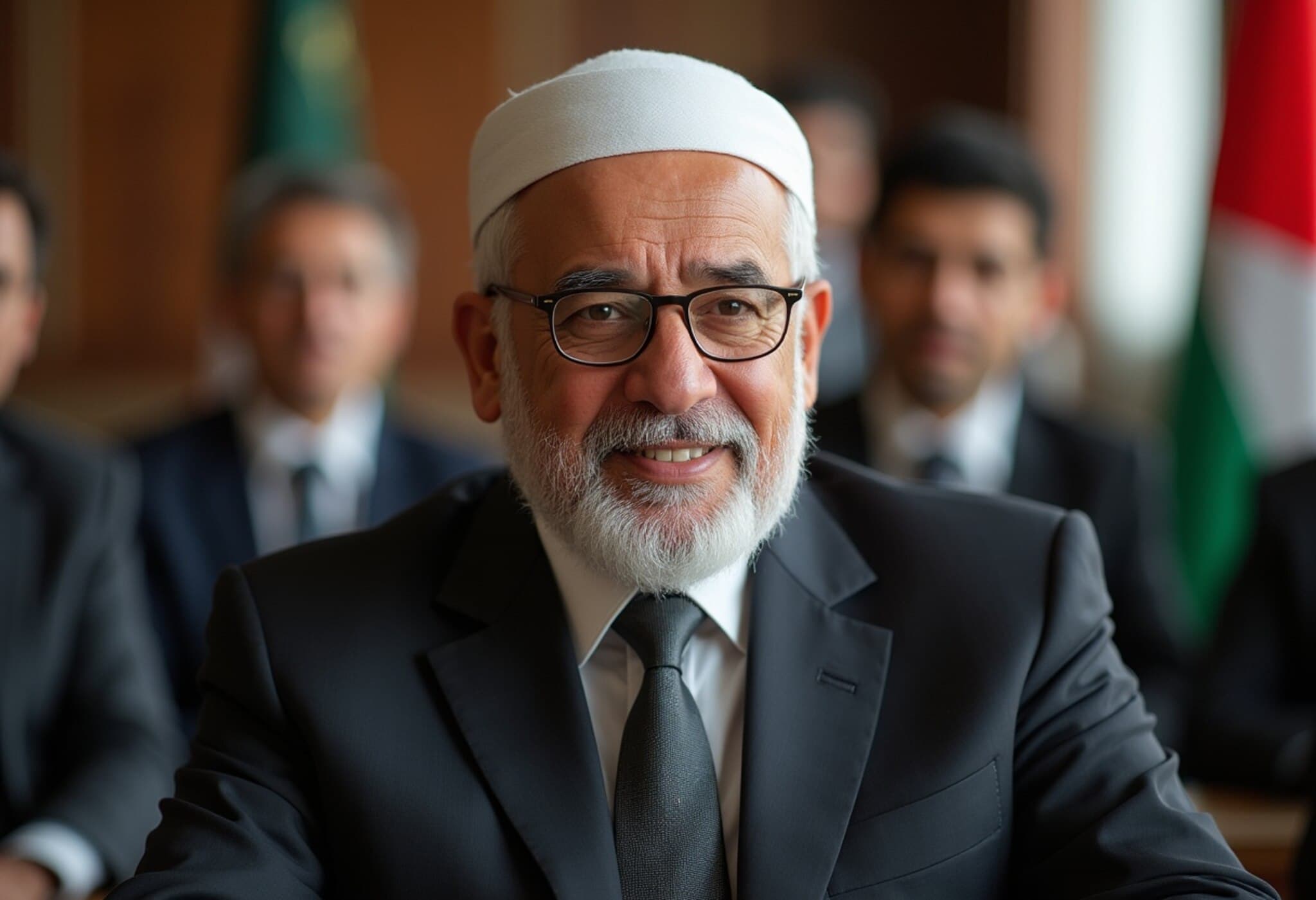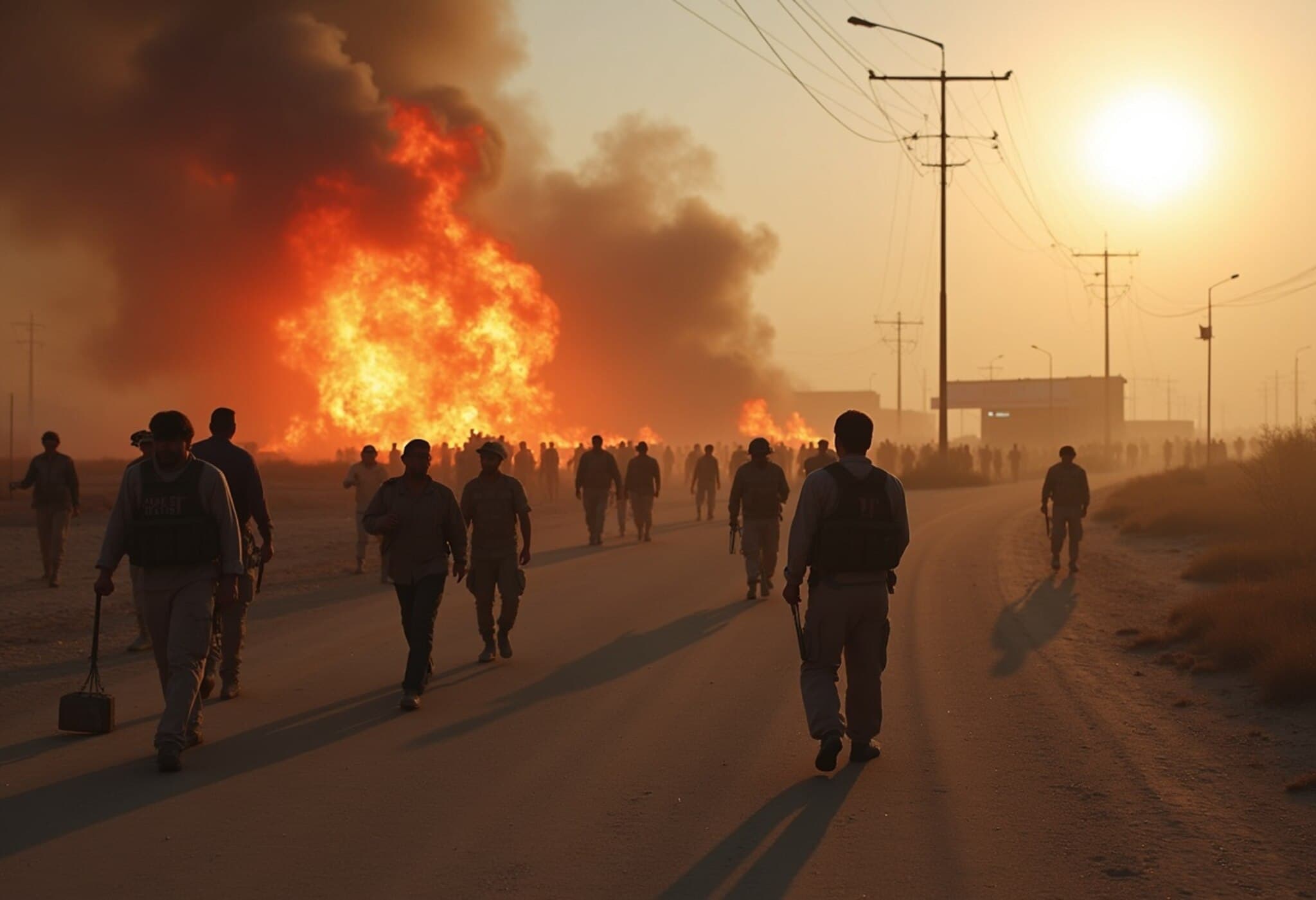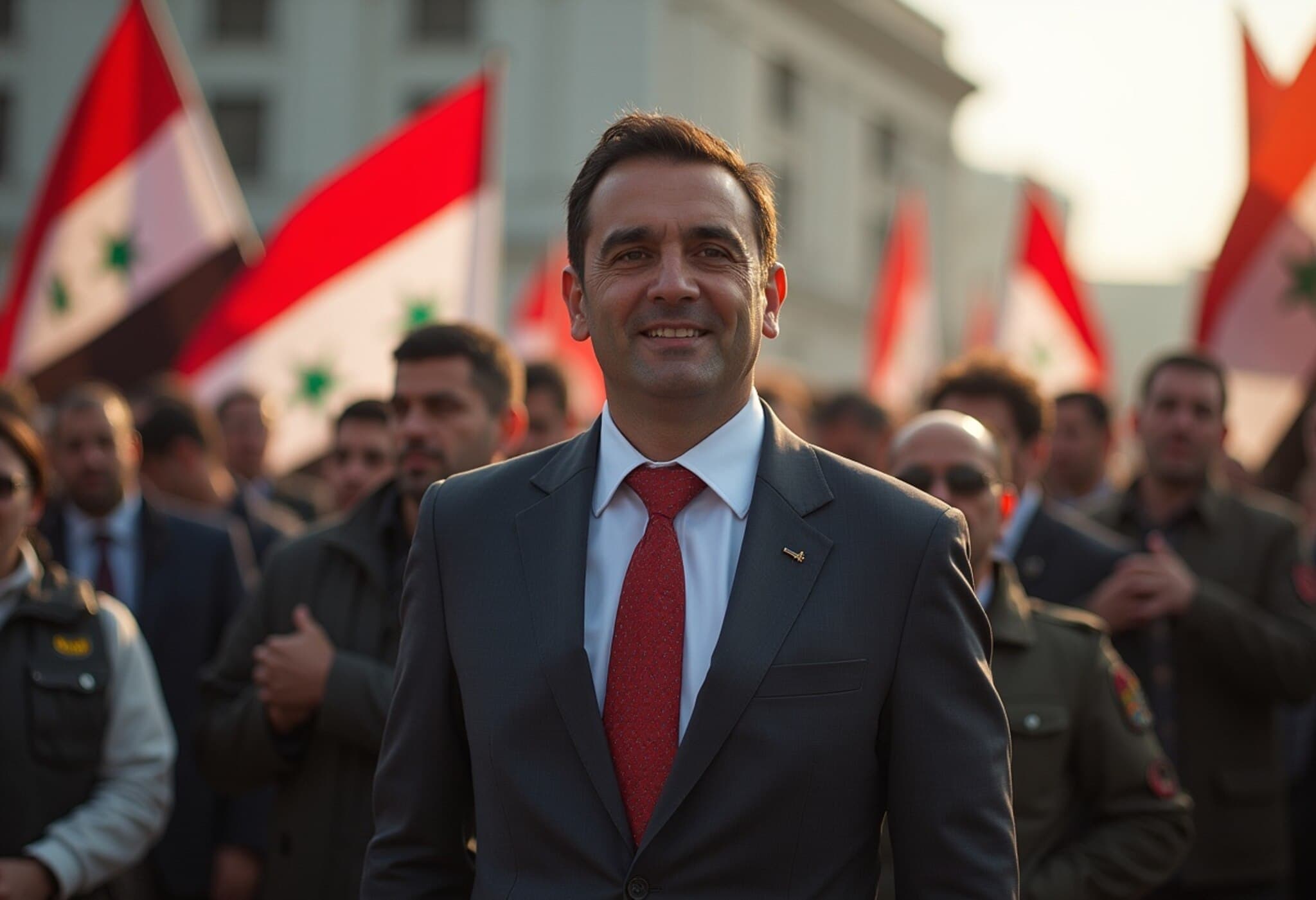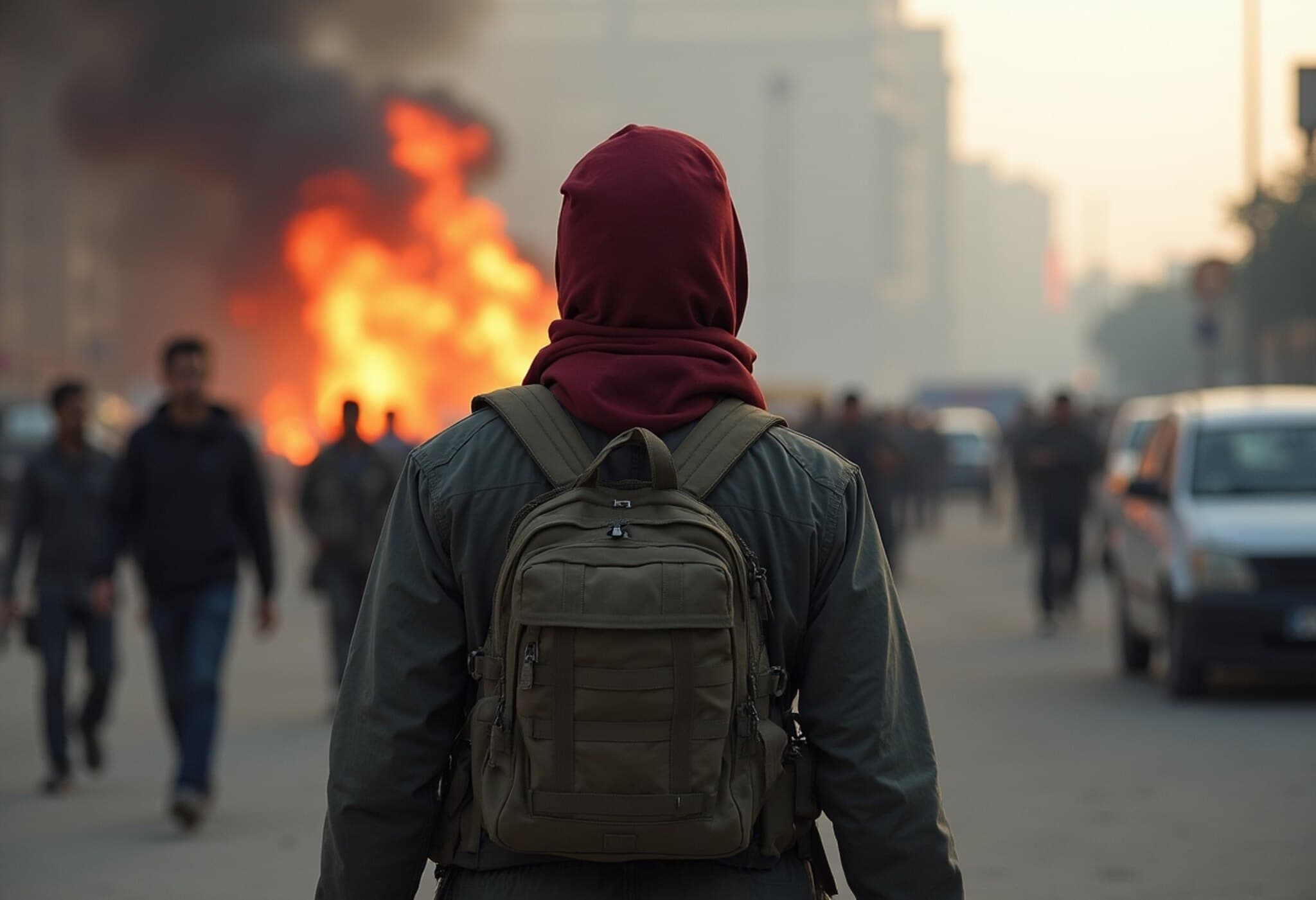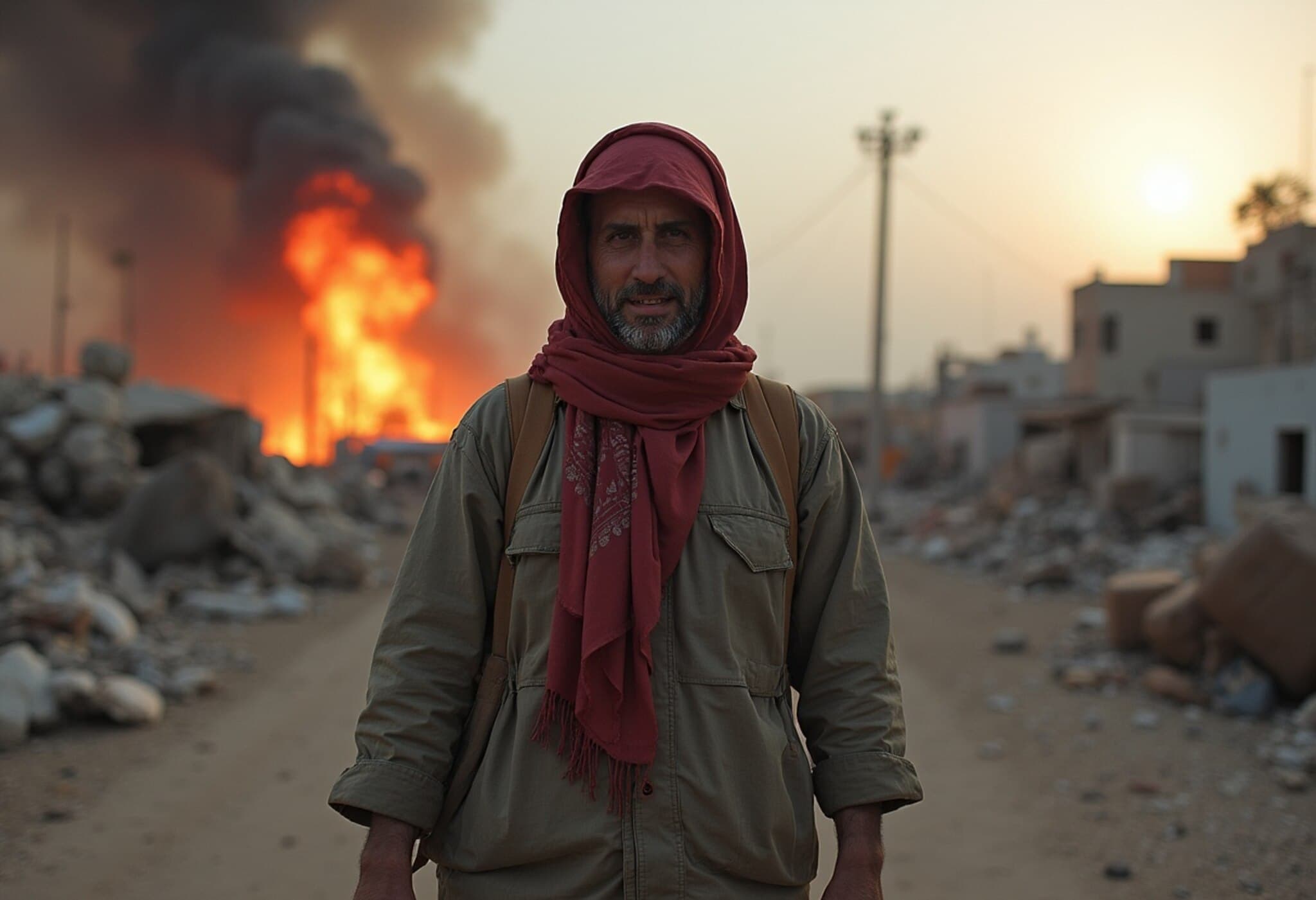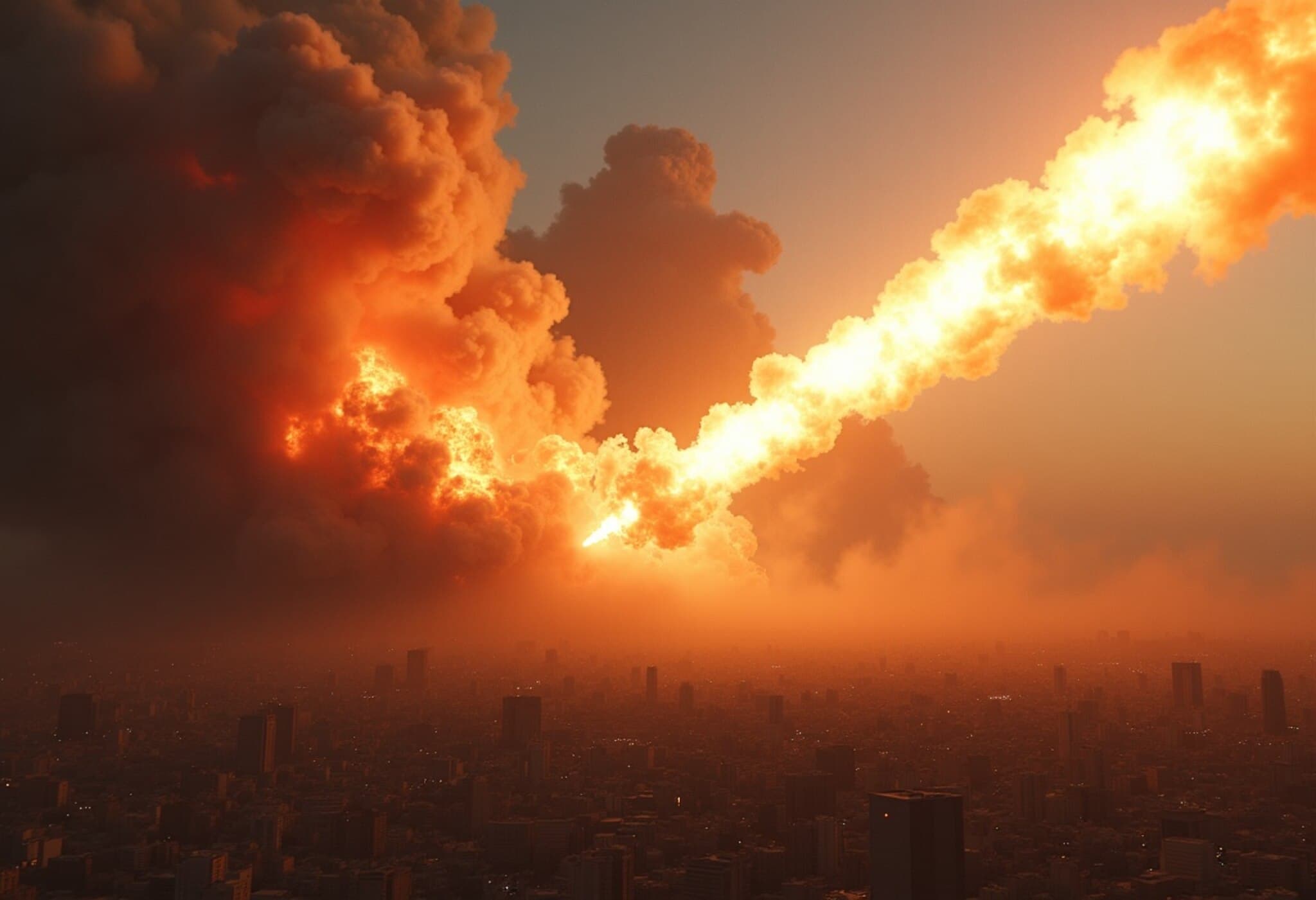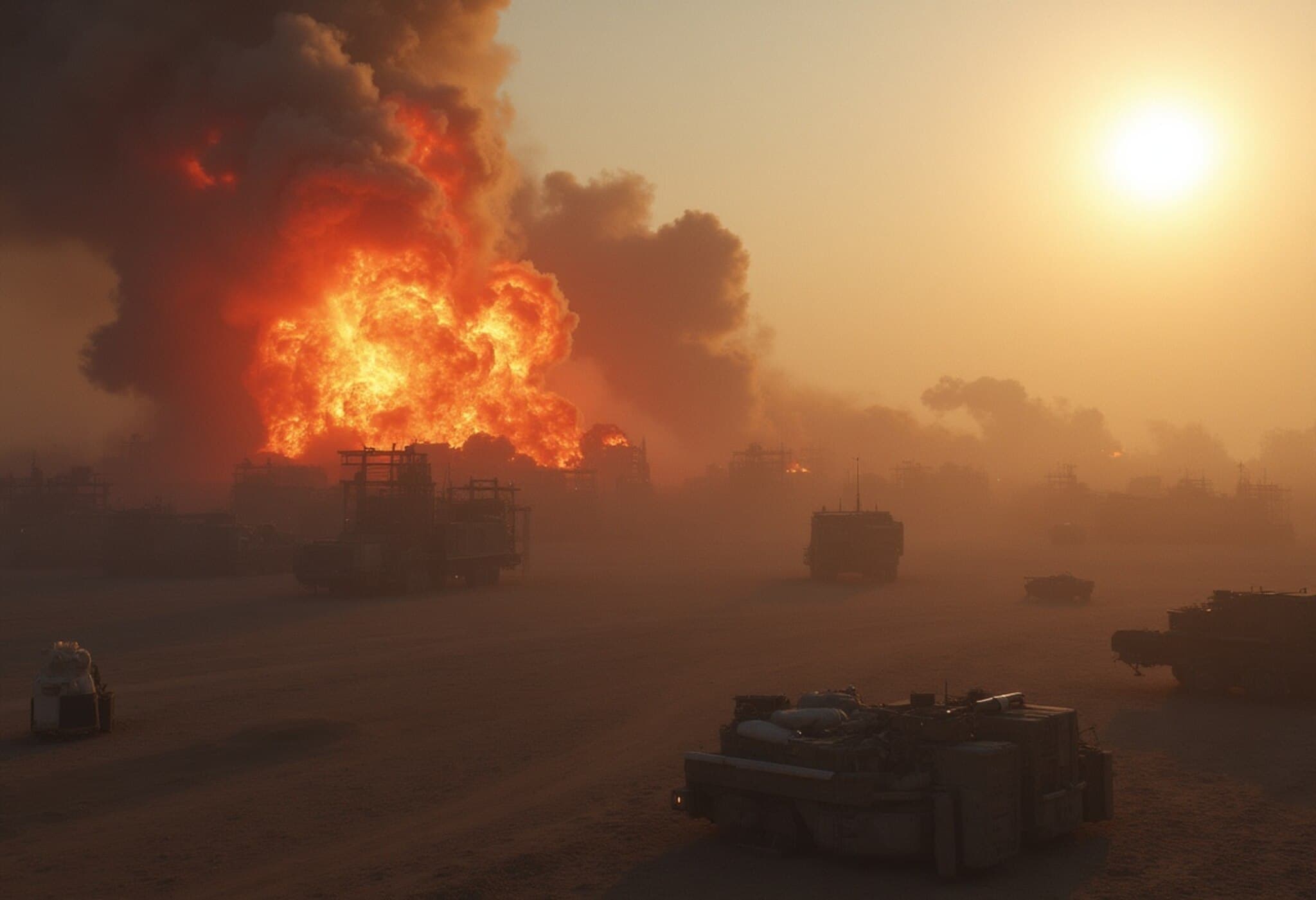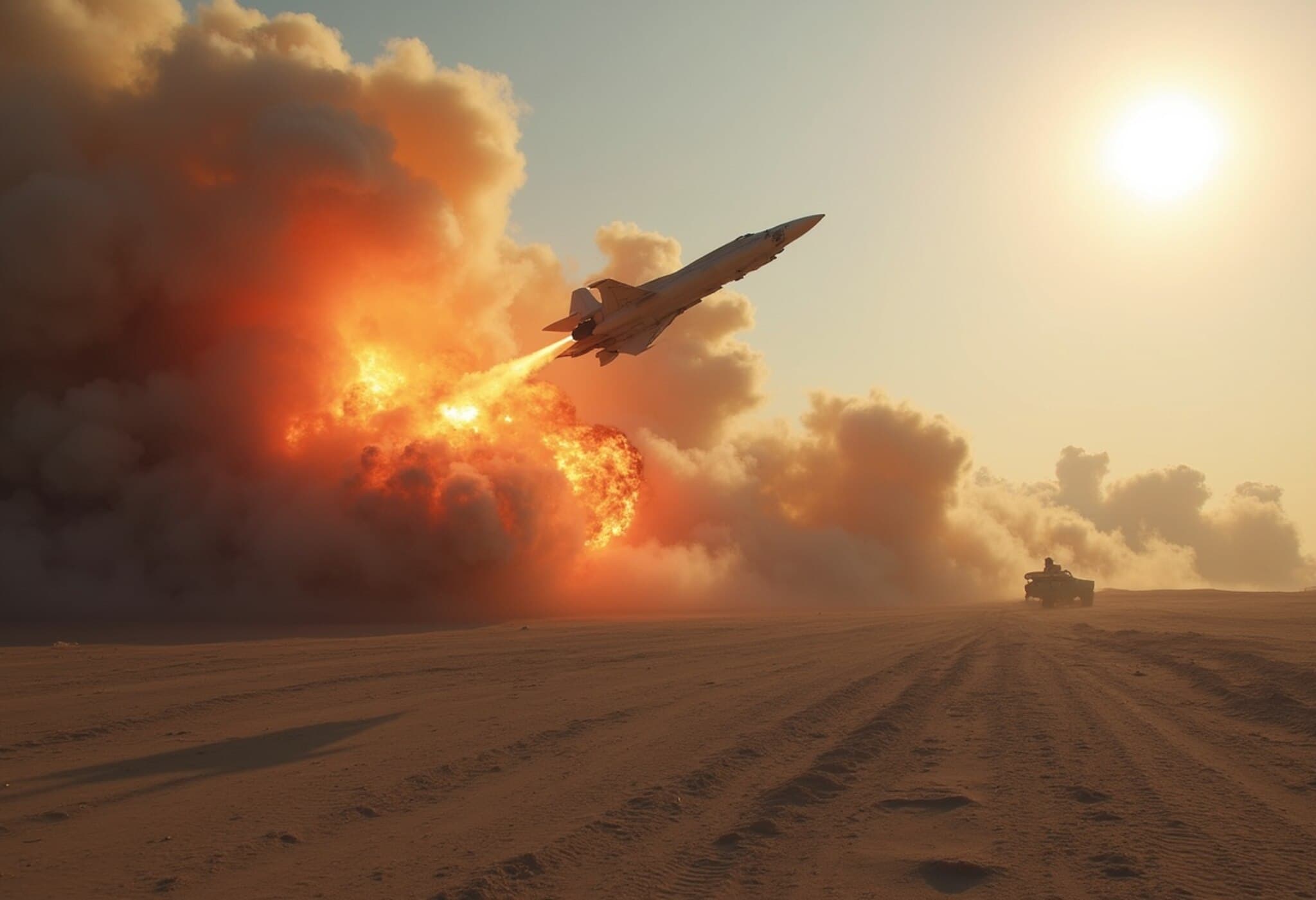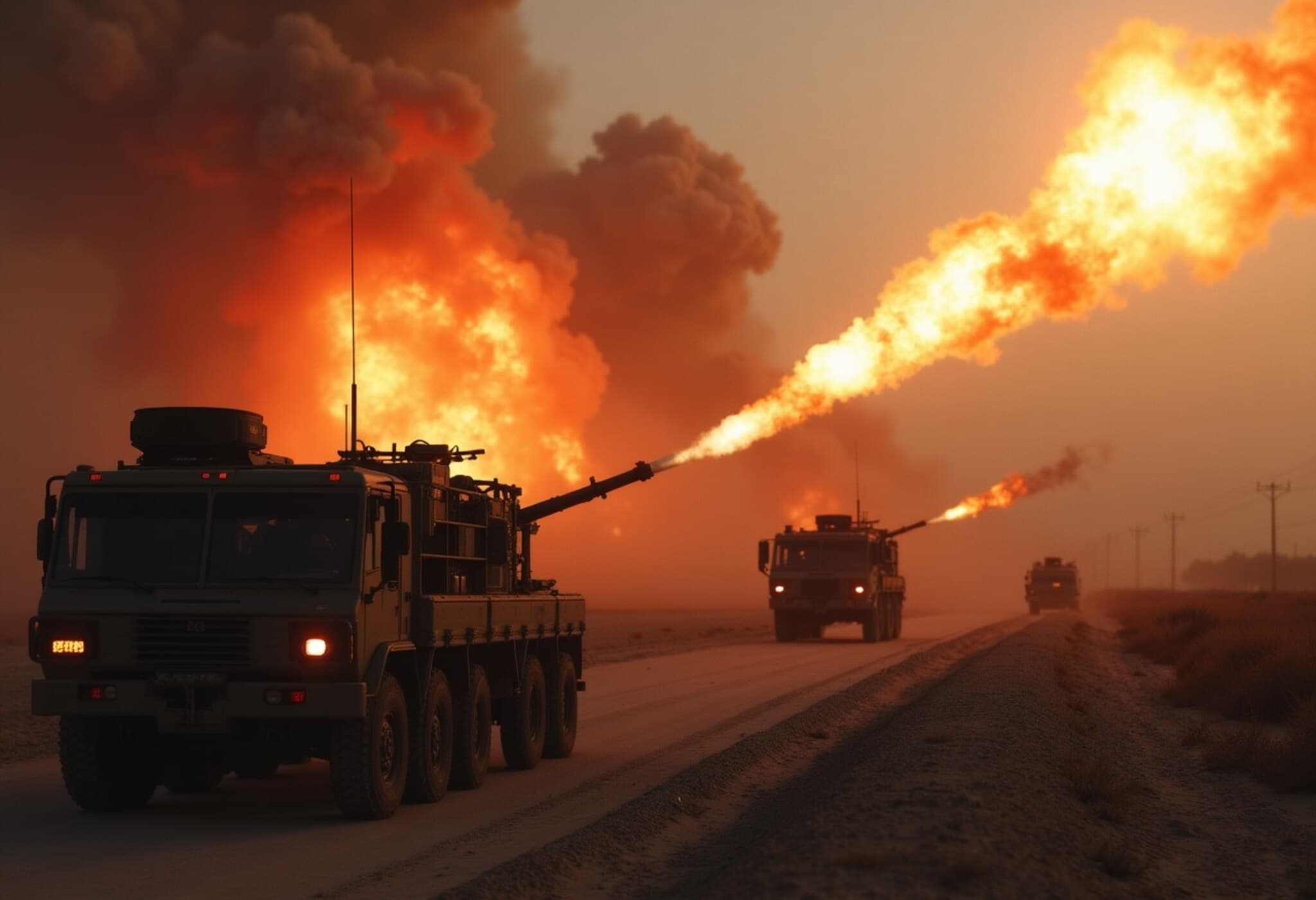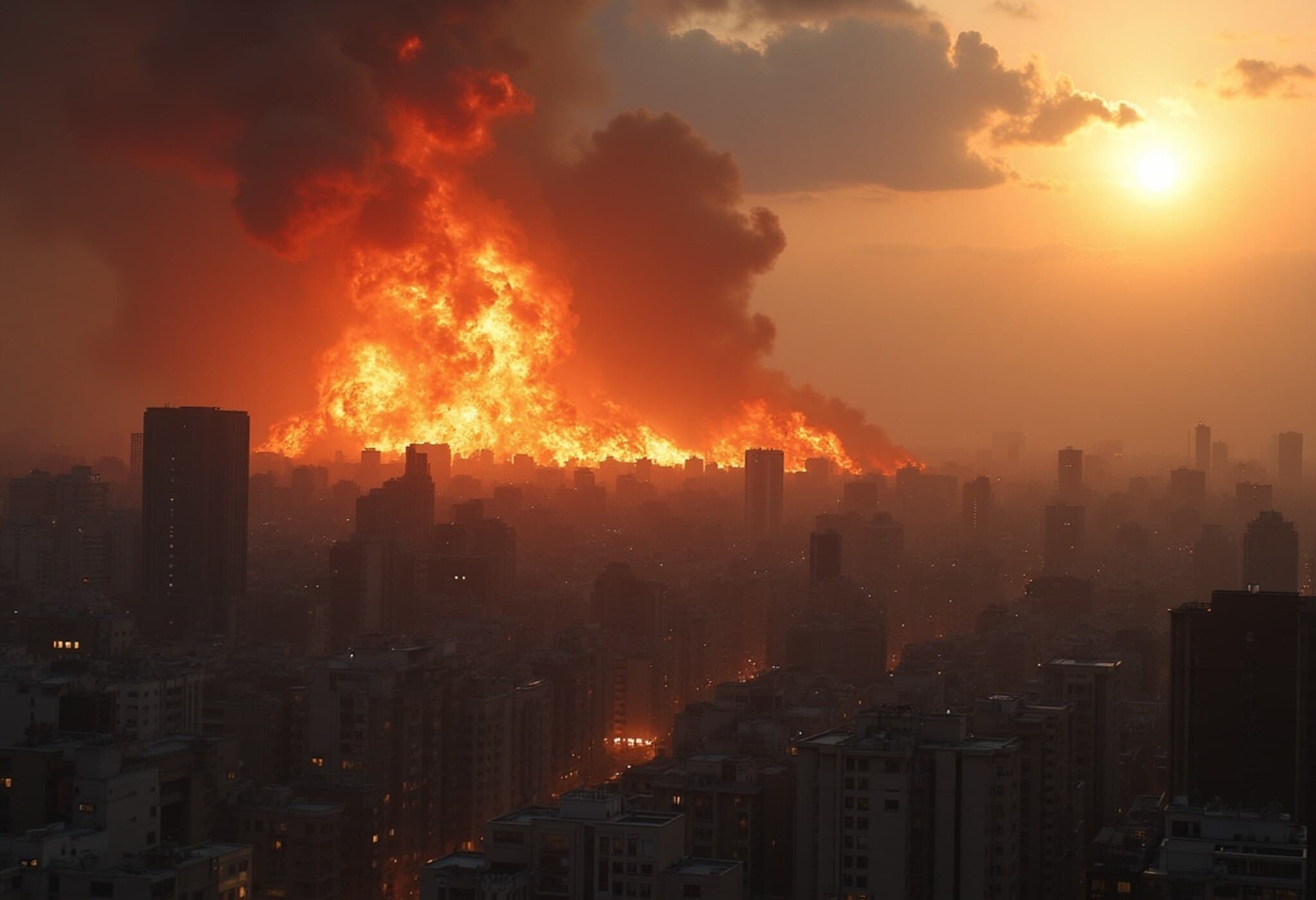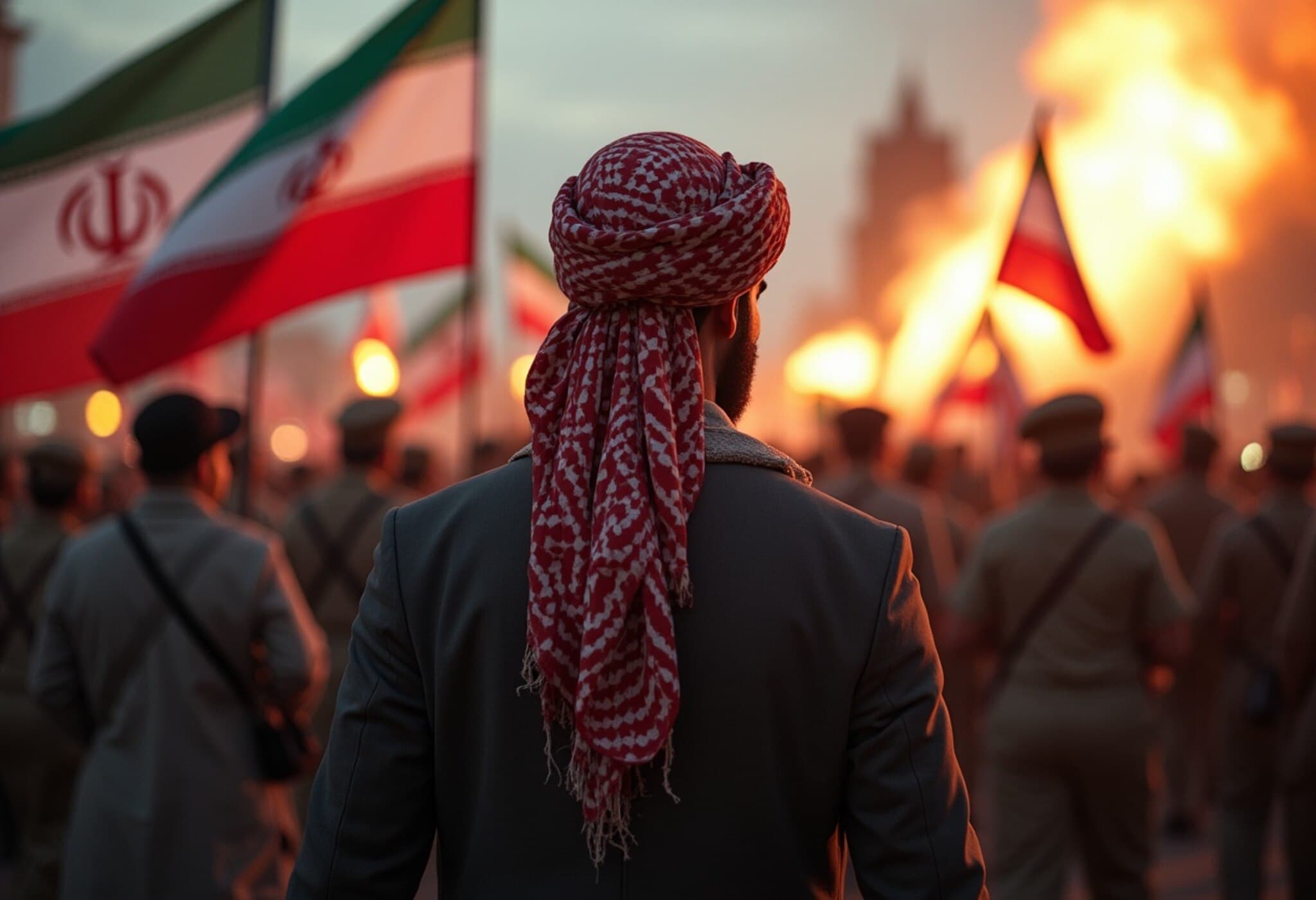Iran's Supreme Leader Condemns US and Israel Amid Regional Conflict
In a striking public statement on July 16, 2025, Iran’s Supreme Leader Ayatollah Ali Khamenei delivered a forceful rebuke of the United States and Israel, branding the latter as the US’s “dog on a leash.” He praised the Iranian resistance against these powers as “praiseworthy,” framing their opposition as a duty to defend the Islamic Republic’s sovereignty.
Allegations of a Coordinated Plot to Destabilize Iran
Khamenei accused Israel of orchestrating a campaign aimed not only at military targets but with the larger strategic intent of toppling the Iranian regime. Speaking through an official statement on his website, he said that the recent military strikes aimed to:
- Weaken key figures and sensitive centers within Iran’s political and military infrastructure
- Incite domestic unrest, encouraging mass protests designed to destabilize the government
He warned the aggressors that they must amend their approach before facing total defeat, suggesting confidence in Iran’s resilience despite escalating pressures.
Background: The June 2025 Conflict and Its Aftermath
The tension escalated on June 13, 2025, when Israel launched its most significant bombing campaign targeting Iran to date. This offensive reportedly eliminated key military commanders and nuclear scientists, inflicting substantial losses that Iranian sources estimate to exceed 1,000 casualties. Following these airstrikes, Iran retaliated with drone and missile attacks, resulting in 28 fatalities reported in Israel.
This confrontation sparked a 12-day period of violent exchanges, markedly straining an already fragile regional landscape.
Diplomatic Stalemate and Prospects for Negotiation
The hostilities erupted just days prior to a planned sixth round of nuclear talks between Iran and the US, negotiations that had been ongoing since April. However, these talks have been stalled indefinitely amid the conflict. Tehran remains rhetorically open to diplomacy but insists on concrete guarantees from Washington that exclude any military threat.
Iran’s Parliament has since ruled out negotiations without specific “preconditions,” details of which remain undisclosed, highlighting the growing complexities complicating peace efforts.
Amid this uncertainty, Khamenei emphasized that Iran's diplomatic and military strategies should be executed with “care and precision,” underscoring a cautious approach moving forward.
Expert Analysis: Implications for US Policy and Regional Stability
The Supreme Leader’s rhetoric and the recent military confrontations underscore the deepening mistrust that challenges any lasting détente. From a US policy perspective, this conflict raises critical strategic questions:
- How can Washington effectively balance pressure without triggering further escalation?
- What role might regional allies and international diplomacy play in de-escalating tensions?
- How do attacks targeting scientific and military personnel impact Iran’s nuclear ambitions and regional influence?
Moreover, the cycle of violence risks igniting broader unrest within Iran—an aspect Khamenei alluded to by highlighting attempts to incite public demonstrations. The complex socio-political dynamics inside Iran could significantly influence both the regime’s stability and Tehran’s future posture towards its adversaries.
Underreported Dimensions: The Human Toll and Long-Term Consequences
While official figures highlight the military and political fallout, less is reported about the human stories behind these numbers. The civilian casualties in Iran’s border areas and Israeli communities caught in retaliatory strikes speak to the tragic human cost fueling enduring cycles of fear and resentment on both sides.
Understanding these human dimensions is critical not only for policymakers but also for global audiences seeking a comprehensive picture beyond the headlines.
Editor’s Note
The ongoing standoff between Iran, the US, and Israel represents more than a simple regional dispute; it is a battle of narratives, resilience, and geopolitical strategy with profound worldwide implications. As violence and diplomatic silence persist, the international community faces pressing questions: Can diplomacy overcome decades of mutual hostility? What steps can ensure civilian protection amid military posturing? And how might emerging power dynamics reshape the Middle East’s future? Our coverage will continue to monitor these developments with the depth and context they demand.

